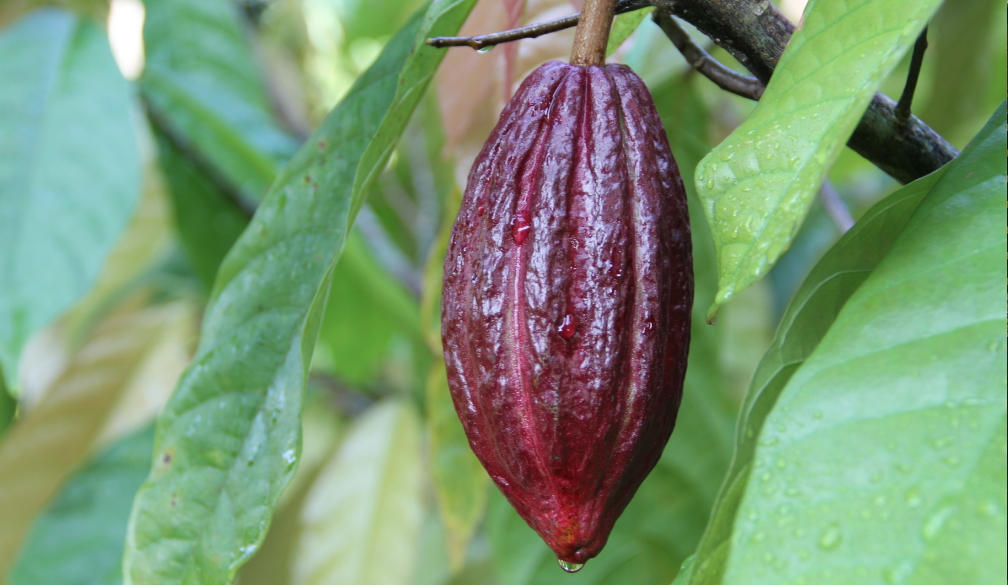How Water Fountains Affect the Hydration of Cats
- Written by The Chronicle

Water is crucial for cat health, just as it is for humans, so make sure they get plenty of it. Cats don't drink a lot, so it's easy for them to get dehydrated—that is, to have too little water in their bodies. This may result in serious complications, such as renal or urine difficulties. Since meat doesn't contain much water, cats need to drink significantly more water. Cat water fountains may be useful in this situation! These are akin to specialty bowls that circulate the water, giving cats extra reasons to drink. They can't resist it; it's like a little waterfall! Furthermore, it keeps the water cleaner and fresher longer, which is good for picky cats. For this reason, if you want to make sure your cat is healthy and content, a cat water fountain is an excellent option!
Cat Water Fountains
Cat water fountains provide substantial benefits over standard water bowls, particularly in terms of hydration and developing natural drinking patterns. Unlike stagnant water in bowls, flowing water in fountains resembles the movement of streams, which cats intuitively like, encouraging them to drink more often and guaranteeing greater hydration. This continual flow also keeps the water fresh and oxygenated, decreasing the possibility of bacterial development and providing a safe water supply. Fountains may help reduce the risk of urinary tract infections and blockages by promoting higher water consumption. Furthermore, the dynamic aspect of water fountains engages cats' interest and encourages interaction, adding to their general well-being and pleasure.
What to Consider
Many things should be thought about before settling on a water fountain for your feline friend. Make sure the fountain can fit in your space and carries enough water for your cat by first considering its size and capacity. Find a fountain that can filter its water effectively so that it stays clean and fresh. Think about how long the fountain will last by thinking about its quality and durability. Check the fountain's noise level to ensure it will not disturb your cat or home. Finally, consider how easy it is to clean and maintain the fountain to protect your cat's wellness.
Types of Water Fountain
Cat water fountains vary. Some circulate water by gravity when the water level decreases, while others need a pump. Moreover, these fountains may be made of ceramic, stainless steel, or plastic.
Introducing to Cats
Introducing a cat water fountain to your pet may be a straightforward procedure with some basic guidance. Start by placing the fountain next to your cat's usual water bowl. Slowly transfer the bowl to the fountain after a few days have passed. If you want your cat to drink from the fountain, you can tempt its interest by placing some of its favorite toys or snacks nearby. You may gently position your cat close to the fountain and let them investigate it independently. Furthermore, try using the fountain without water briefly to help your cat get used to the noise and motion. Your cat will probably accept the fountain as their new water source with patience and good reinforcement.
Maintenance
Disassemble the water fountain prior to cleaning, and cleanse each component meticulously in tepid, detergent water to eliminate any filth or grime. Remember to replace the filters every few weeks or months, depending on how frequently your cat uses it, as instructed on the packaging. Moreover, in the event that any complications arise, including aberrant water flow or atypical noises, consult the manufacturer for guidance or consult the provided instructions. Your cat will remain healthier and happier if you maintain their fountain clean and in excellent condition!
Conclusion
In order to promote the overall health and welfare of our feline companions, cat water fountains offer an extensive array of benefits. Cats have an inherent affinity for natural streams; therefore, these water fountains provide a consistent supply of clean, oxygenated water that not only incentivizes cats to consume more but also bears a resemblance to the appealing natural streams to which cats are drawn. Fountains may reduce the risk of dehydration, urinary tract disorders, renal issues, and digestive problems in cats by promoting increased water intake. In addition, the filtration systems that are installed in many fountains assist in maintaining the water's cleanliness and eliminating any potentially hazardous germs, thus providing our dogs with a drinking source that is both safe and sanitary. Given the significance of water intake for feline friends and the many benefits that water fountains provide, I highly recommend owners of feline companions give serious consideration to purchasing a fountain that is suited for their feline companions. We can make our cats' hydration a priority and contribute to their general health and happiness by providing them with access to fresh water that is flowing via a fountain. This is a simple method that is also very effective.








